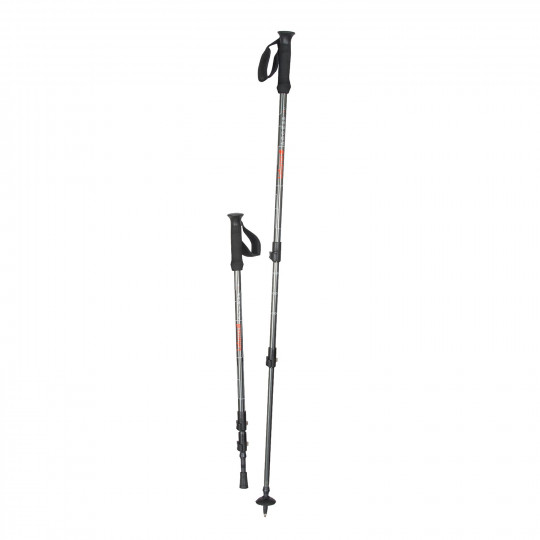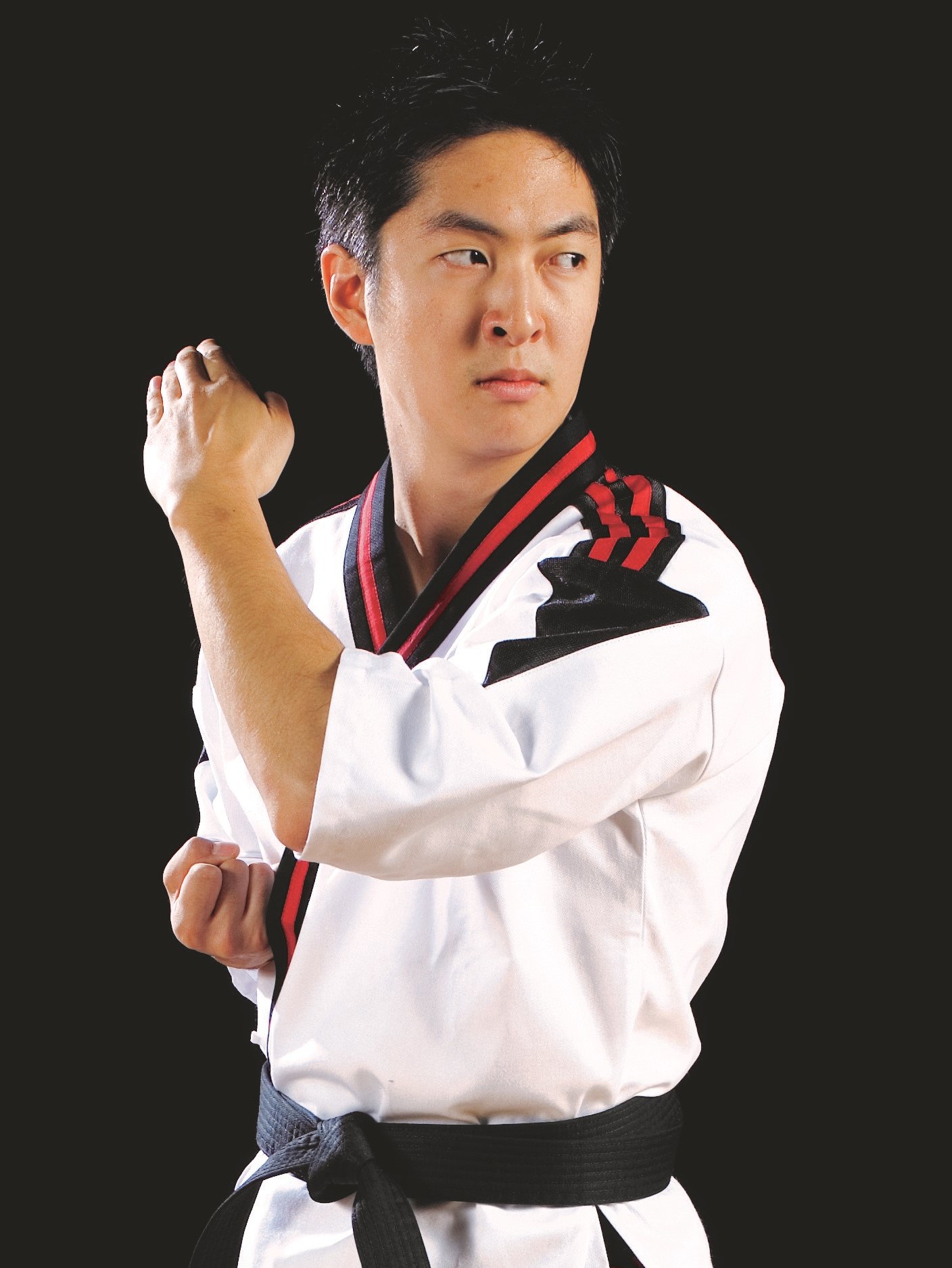
Your fine motor skills will be the first to go in a fight. To prevent your hand from sliding off the blade, you need a knife that has a finger groove as well as a blade guard. It is also important to know about knife laws. Visit the AKTI website to learn more about your state's laws.
Can a minor possess a knife?
Yes, minors can legally carry a pocketknife when they are present in public. Each state has its own laws regarding knife possession. Generally, minors who are under 18 years old can carry a pocketknife as long as they get written permission from their parents. Under-12-year-olds cannot have knives unless accompanied by a parent. Anybody found violating knife laws will face a misdemeanor charge and a possible $500 fine.
Although knife laws are intended to protect minors and make the community safer, knives may not be allowed in every state. Different authorities interpret laws differently. A pocketknife is legal for minors, but a switchblade that has more than two inches of blade is illegal.
Consider the characteristics of your knife when choosing a knife
It is important to look at the characteristics of a knife before you buy it. Handles are the most important aspect of a knife. You should feel comfortable gripping the handle. If the knife feels too heavy in your hand, you will have trouble using it. It's also important to look for pressure points on the handle.

The knife's toughness is a measure of how durable and sturdy it is. Knife steels have varying levels of hardness, which is usually measured on the Rockwell C scale. Toughness, which refers to the ability resist impact and sudden loads, is also an important characteristic. While toughness is harder than hardness, it is not as standardized as hardness. Softer steels tend to be more resistant to damage than the tougher ones.
Legality of keeping a knife
Knife laws can be very confusing depending on your state. It is crucial to review the rules before taking your knife. Even though knives are generally safe to have, carrying one around can cause a criminal record. It's also important to remember that state laws will preempt local laws in many cases.
In many states, knives are prohibited for carrying in the car. Knives are illegal in certain states including New York. Therefore, it is essential to find out the laws in your particular state before you purchase a knife. You may need a permit depending on the knife you are carrying. There are length restrictions in some states, so make sure to verify these regulations before you buy one.
Use a knife to defend yourself
Knives are a great tool for self-defense and escape. They can be used to break a lock, slice through thin clothing, and even hunt animals. They can be very effective in scaring away an attacker if used correctly. Unlike a gun, knives don't require a perfect draw. Knives are lighter than firearms.
You should also be careful when using a knife to defend yourself. Never swing your arm around when using a knife. If you are threatened by an attacker, be careful.

Use a knife to remove any underwater debris
A knife can be used to safely and effectively remove any underwater debris. It is important to slow down and be deliberate as some marine debris could be partially buried under sediments making it more difficult to safely remove. Moreover, some nets may be trapped in coral branches and have to be carefully pulled out. It is crucial not to disturb any living marine creatures while you clean up. You can also make your dives safer by using a knife for removing underwater debris.
Although it is important that knives are cleaned regularly, it is also important to prevent bacteria from being transferred to them. You should clean your knives after every use. As with all knives, the longer the debris remains on the knife, and the more difficult it is to clean, To remove any debris, you should first rinse the knife under warm water before wiping it. After you have removed all debris, clean the blade.
FAQ
Are there any legal requirements for owning a stun gun?
In some states, you must show proof of training before you can own a stun gun.
Some states require you to register your stun gun with the police.
Other states require you to notify law enforcement whenever you move.
Can I carry a stun gun legally?
Yes. However, you will need to obtain a permit from your state.
You must complete an application form to apply for a permit and pay a fee.
Once you have your permit, it is important to keep it visible (such as your wallet).
If your permit is lost, you will have to start the process over again.
What are some simple self-defense strategies?
Self-defense techniques may include punches or kicks, elbows or knees, head butts and other strikes. These techniques may include grappling, such as wrestling or judo, and jujitsu.
You can use self-defense techniques to protect yourself against attackers who want to hurt you.
They can be used to defend against an attacker.
However, there are many ways to perform self-defense techniques. You should choose the one that best suits you.
What should I look out for in a self defense class?
Look at the instructor's reputation and experience when selecting a self-defense class. Ask about their qualifications and background.
Ask for discounts or free trials. Many instructors offer discounts or free trials to new students.
Ask if they offer online classes so you can take advantage of them whenever you want.
Ask about whether they offer emergency medical care following a class. This is especially important if someone gets injured during a class.
Make sure you find a class with a variety of exercises. This means that you will get plenty of time to try each technique before moving on to the next one.
Where can I purchase a stun gun
You can buy stun guns at many places.
You can shop online at Amazon.com or eBay.
You can also visit brick-and-mortar stores such as sporting goods stores, hardware stores, etc.
How do beginners do self-defense?
Experts are not the only ones who can learn self-defense. It's also important to know how to defend yourself when you are alone. It is important to learn the basics of how to defend yourself against an attack.
Begin by practicing basic moves like punching and kicking. Then, you can move on to more complex moves like grappling or joint locking.
It is always useful to practice something that is similar to what you might face in real-life situations. If you want to learn how kick someone, you can practice on something like a pillow.
This way, you won't hurt yourself while practicing. Do not hit anything too hard. You might cause injury.
Statistics
- Some people walk into a gym thinking they are going to become the best by training whenever they like and not putting 100% effort in. (budodragon.com)
- Saying this, Self defense 101 would be the importance of situational awareness, which can never be replaced by the finest of martial arts, because it is this that would help you to avoid any likely attacks in the first place. (worldofselfdefense.com)
- The Rape, Abuse & Incest National Network reports that 70 percent of sexual violence cases aren't committed by random strangers in a dark alley but by people we know: friends, family, partners, co-workers, etc. (healthline.com)
- Kung Fu alone has 400 unique martial art styles – and whilst you likely won't be able to find a school for each form, many other martial arts are completely different altogether. (budodragon.com)
External Links
How To
What kind of self-defense should I learn?
Self-defense can be defined as a broad term that encompasses a variety of options. There are many ways to learn self-defense. These are the top ones.
-
Boxing – Because you can fight with your hands, boxing makes a great self-defense option. While most people think only men can box, many women can. There are many ways for women to learn boxing, such as private lessons, gyms or online courses.
-
Wrestling - Many people believe that wrestling isn't a real sport, but it actually is. In fact, wrestling was once America's national pastime. There are many options for women to learn wrestling, including private lessons, online courses, and gyms.
-
Jujitsu - Jujitsu is another popular martial art that teaches you how to defend yourself using your body weight. It's easy to learn and perfects your balance and coordination.
-
Kickboxing - Kickboxing is similar to Muay Thai, except that it uses kicks instead of punches. It is a full-contact, combat sport that doesn't need rules. It's a great option for beginners because it's easy to learn.
-
Tae Kwon Do – TKD combines elements from karate as well as taekwondo with jujitsu. This is a great option for people who are interested in learning self-defense and not worrying about hurting their opponents.
-
Mixed Martial Arts - MMA combines several martial arts. It combines Brazilian Jiu-Jitsu, Judo Judo Boxing Wrestling and Sambo. It is one of the most popular sports because it is so efficient.
-
Karate - Karate refers to a Japanese martial style that focuses on kick techniques. It's been around for hundreds of years and has evolved over time. Today, there are many styles and methods of karate.
-
Knife Fighting - Knives are very useful when defending yourself. It's not necessary to be near your attacker in order for you to stab them. You just need to know how to handle a knife defensively.
-
Pepper Spray - Pepper spray is a non-lethal weapon that can help you escape from an attack or stop an attack before it starts. However, pepper spray should not be used on attackers because they may get burned.
-
Firearms – The last line defense against an attacker is to fire on them. This is usually done by trained civilians or law enforcement officers.
-
Self-Defense Classes - A self-defense class is a good way to learn all of these skills in a single place. They often cover everything from grappling, to shooting.
-
Combative Sports- A great alternative is taking part in combative sport like kickboxing and mixed martial art fighting. These sports require practice and discipline, and they teach you how protect yourself.
-
Martial Arts Schools - If you're serious about learning how to defend yourself, then go to a school that specializes in martial arts. Some schools offer classes that also include weapons.
-
Online Courses – You also have many free resources that you could visit. 15) Books: Finally, some books can be very helpful. Alan Peppard's book, "The Complete Idiot's Guides to Self Protection", covers all of these topics.
-
Be Content with What You Already Know - Before you attempt to learn anything new, you should first be familiar with what you already know. By doing so, you can avoid making mistakes that could cause you harm.
I think I will try my hand at self-defense. I have always wanted learn to fight but was not interested in doing it. But now that I'm getting older, I might as well start taking care of myself more instead of relying on others.
I have decided to take it slow and see what happens. I am thinking about joining the local gym to get started with weight training and such. I am still deciding if I should buy a gun.